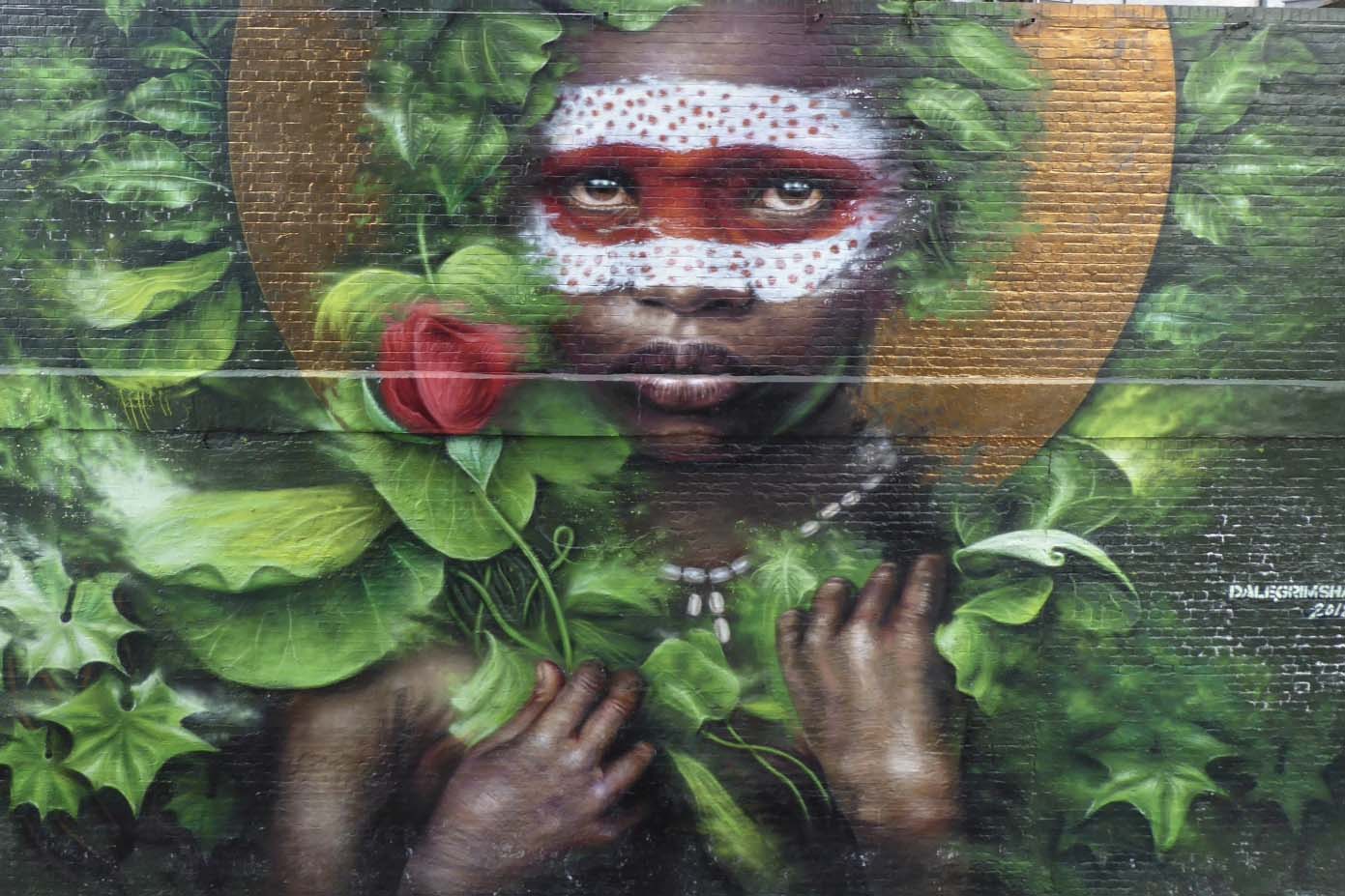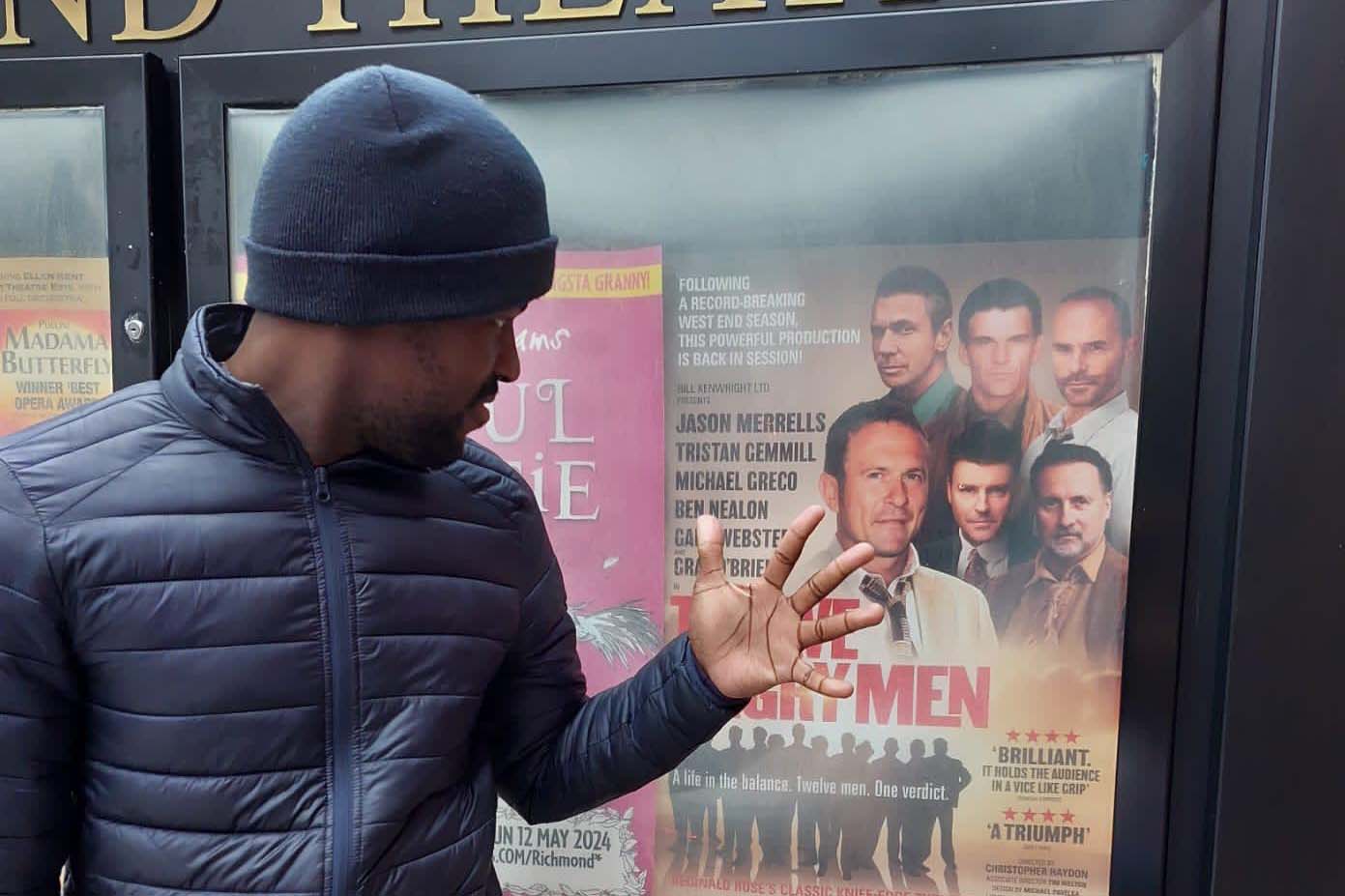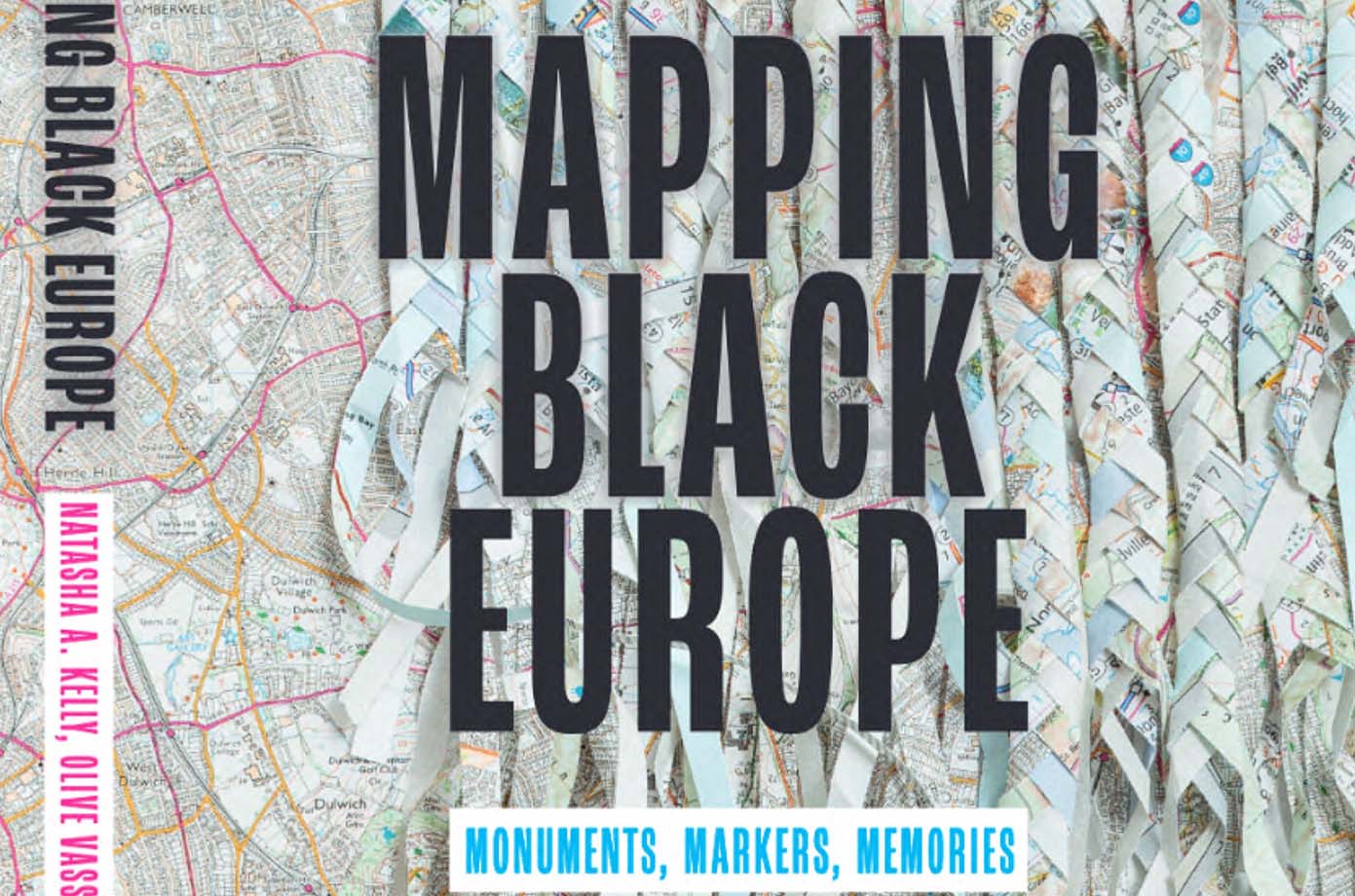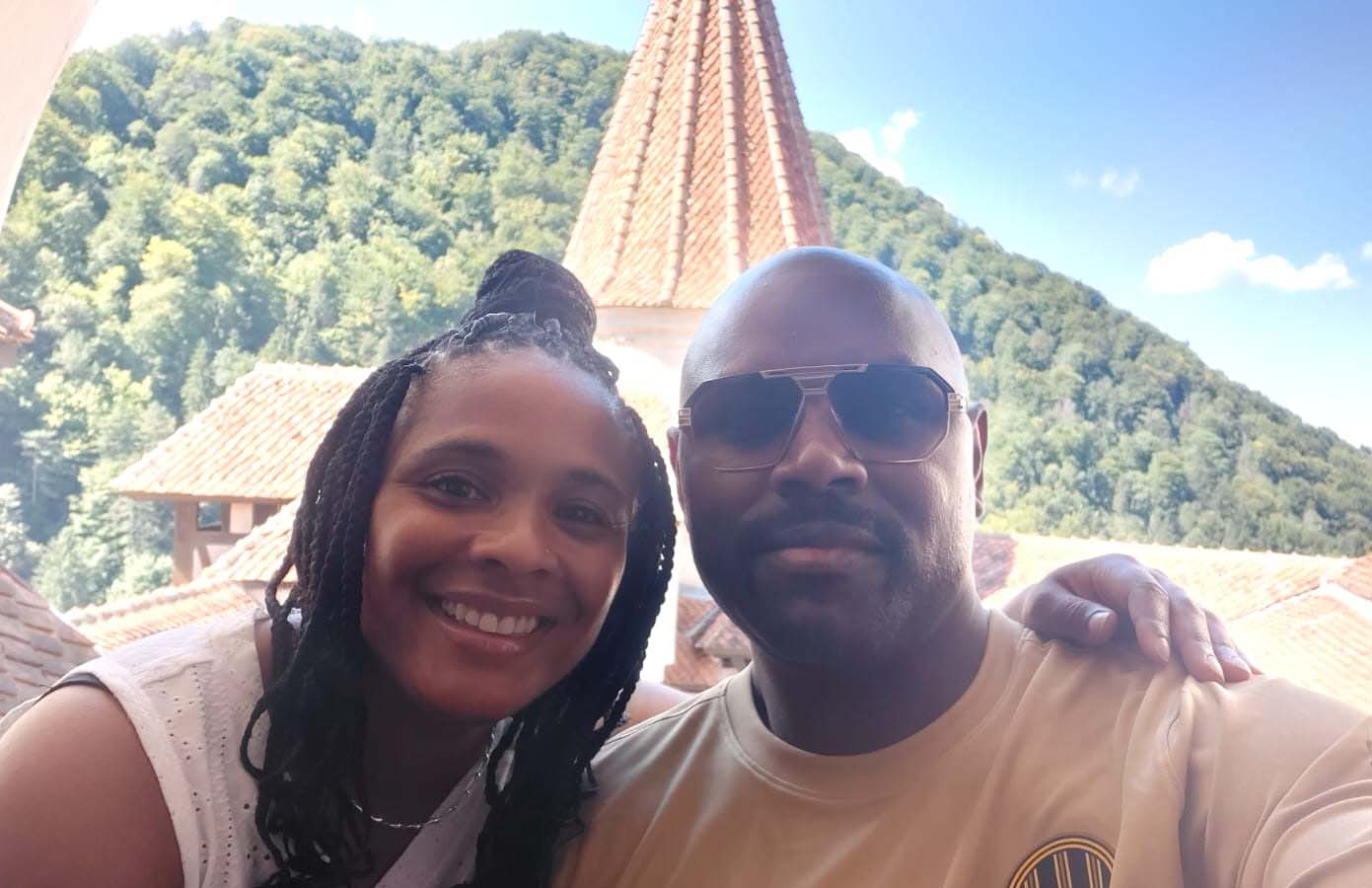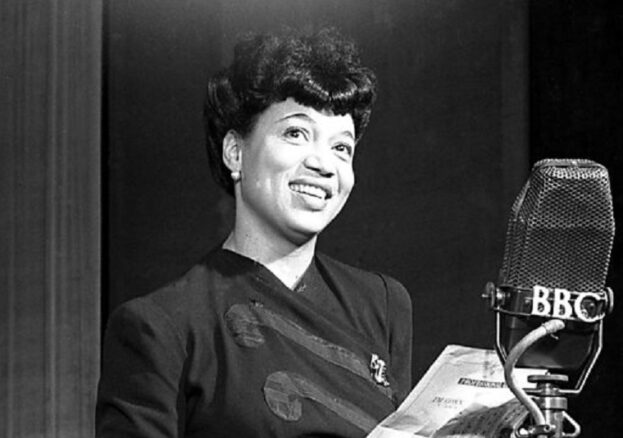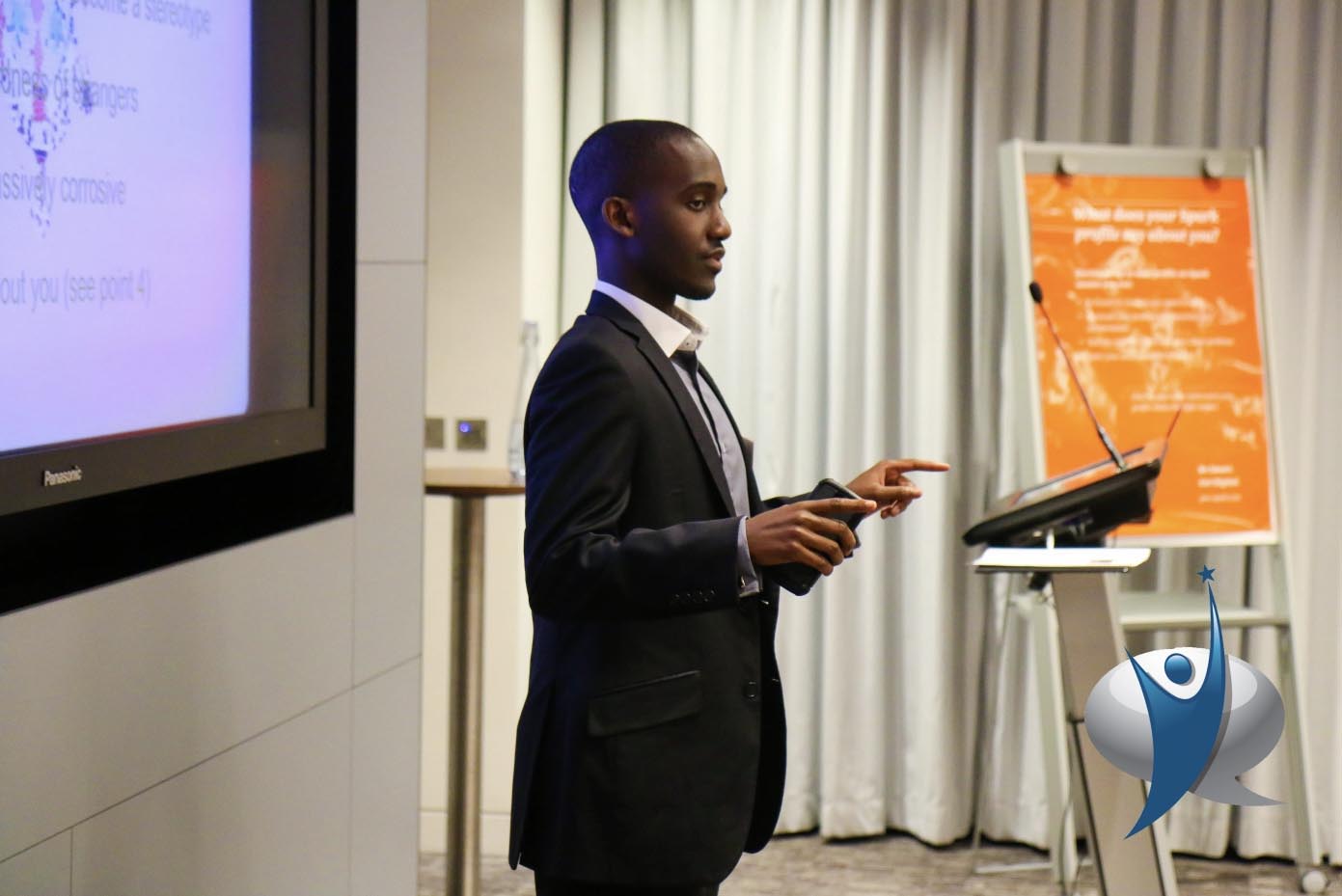Mia Morris is committed to making Black history accessible. Courtesy photo.
By Olive Vassell
Black history is not a once a year, monthly celebration for cultural community activist, Mia Morris OBE FRSA. Her long standing devotion to telling the stories of the Black presence and contribution to the United Kingdom, has spurred decades long activism and made her one of the most respected voices in the nation.
Morris founded the first Black History Month website more than 20 years ago, but her activism goes back far longer. That work started with the pioneering BBC Radio show, Black Londoners, in the 1980s, she explained. Initially working as a greeter for the programme which was hosted by journalist and activist Alex Pascall from 1974-1988, Morris met Black leaders in a variety of fields, including the arts and heritage sector where she would later find her career home.
“Every single Friday for five years I went to this programme and my job, all I had to do was meet and greet people. All those different people that I’ve worked with over the years then moved on and developed and it was natural that I would develop and move on alongside but doing something slightly different.” Towards the end of the show’s run, Morris presented the weekly slot for young people on Mondays, along with the What’s On segment on the main broadcast.
Born in the UK in the late 1950s to Grenadian parents, Morris grew up in a part of Hackney which was predominantly Jewish. “Caribbean and Jewish people lived alongside each other because we all had similar experiences like the discrimination we faced coming to live and work in a place where people were weary of us,” she said.
Her business-minded parents valued intellectual exploration, encouraging their daughter and other five children to read and discuss issues and ideas.
“My entrepreneurial spirit comes from my family lineage,” she said. Morris’ father was a Saville-Row trained tailor who worked with the likes of Major Ronald Ferguson (Sarah Fergus, Duchess of York’s father) and her mother a trained hairdresser.
“My parents worked privately as a hairdresser and tailor at home. Dad used to make clothes and simply tell people who had upcoming job interviews to pay him when they got their jobs. He knew it was hard for the Black man to find work.”
Mia Morris: Living the history
By Olive Vassell
Black history is not a once a year, monthly celebration for cultural community activist, Mia Morris OBE FRSA. Her long standing devotion to telling the stories of the Black presence and contribution to the United Kingdom, has spurred decades long activism and made her one of the most respected voices in the nation.
Morris founded the first Black History Month website more than 20 years ago, but her activism goes back far longer. That work started with the pioneering BBC Radio show, Black Londoners, in the 1980s, she explained. Initially working as a greeter for the programme which was hosted by journalist and activist Alex Pascall from 1974-1988, Morris met Black leaders in a variety of fields, including the arts and heritage sector where she would later find her career home.
“Every single Friday for five years I went to this programme and my job, all I had to do was meet and greet people. All those different people that I’ve worked with over the years then moved on and developed and it was natural that I would develop and move on alongside but doing something slightly different.” Towards the end of the show’s run, Morris presented the weekly slot for young people on Mondays, along with the What’s On segment on the main broadcast.
Born in the UK in the late 1950s to Grenadian parents, Morris grew up in a part of Hackney which was predominantly Jewish. “Caribbean and Jewish people lived alongside each other because we all had similar experiences like the discrimination we faced coming to live and work in a place where people were weary of us,” she said.
Her business-minded parents valued intellectual exploration, encouraging their daughter and other five children to read and discuss issues and ideas.
“My entrepreneurial spirit comes from my family lineage,” she said. Morris’ father was a Saville-Row trained tailor who worked with the likes of Major Ronald Ferguson (Sarah Fergus, Duchess of York’s father) and her mother a trained hairdresser.
“My parents worked privately as a hairdresser and tailor at home. Dad used to make clothes and simply tell people who had upcoming job interviews to pay him when they got their jobs. He knew it was hard for the Black man to find work.”

